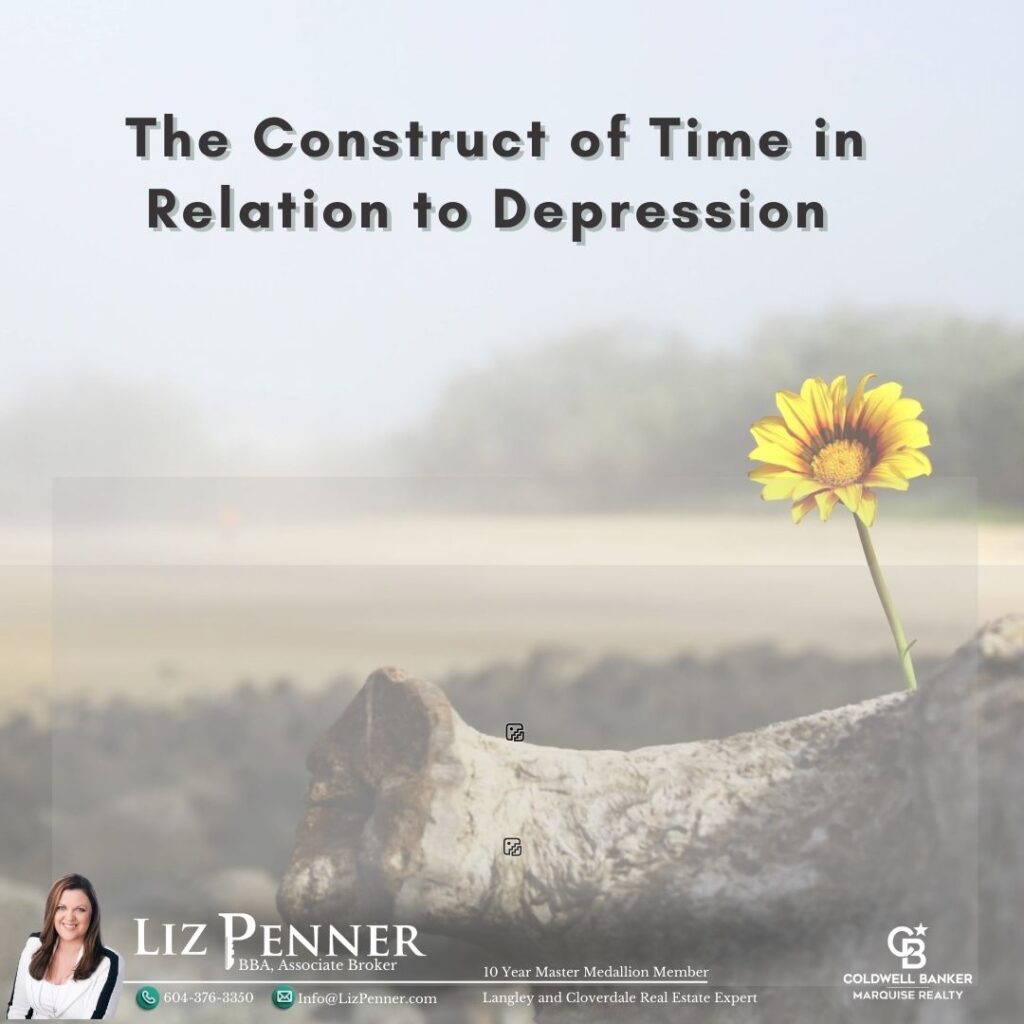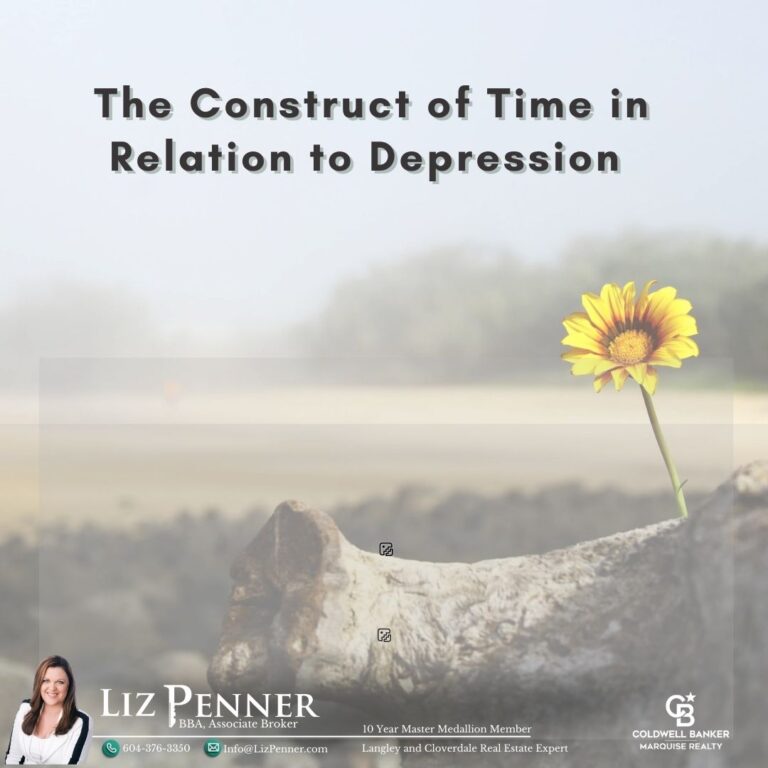
ON DEPRESSION AND HOPE
A THOUGHT EXPERIMENT ON THE CONSTRUCT OF TIME AND ITS RELATIONSHIP TO DEPRESSION
It’s summer now, and with the kids off school, neither Jordan nor I need to get up as early to get them ready for school. Naturally, this means we woke up even earlier and got into a discussion on the meaning of depression and hope. I should note that I am not feeling depressed; rather, I am married to a therapist who treats depression; which leaves me susceptible to such topical morning conversations. A theological discussion on the meaning of existence and the nature of mental illness is small talk over coffee in our house. Today we waxed on about the meaning of life, depression, and the notion of an afterlife, and here’s what we came up with.
First, we discussed the concept of time and its effect on people. The concept of time includes a beginning, a middle, and an end. To exist in time is to be aware that we all begin in life, exist for a finite period, and eventually cease to exist. Time creates friction, awakening and reminding us that we exist in a moment and given this short time on earth have a limited ability to make a contribution. Our ability to contribute is affected by our age and the resources we have available. To make the most out of life, one must maximize the resources available and the time at their disposal to obtain the best results. We do this with the ever-present reality that our time on this earth is slowly coming to an end.
Many religions have a notion of life after death. This often includes the idea of a soul that ascends to a heaven-like place where one feels a sense of eternal peace and contentment. This idea suggests that upon reaching the final destination, one may experience a sense of timelessness, feeling at peace with the past, present, and future simultaneously. In this state, one would exist without the friction that the experience of time creates. In this state, we would not experience the threat the passage of time brings. Instead we exist in a state of timelessness, where we are free to make whatever choice we wish without fear of regret.
One could experience the desire for a new job, the success of the interview, the start of the new position, and the totality of a successful career all at once. One could decide to travel the world and move forward through time perceiving only the very best moments. It would allow one to experience, examine and be at peace with an infinite number of possibilities and emotions continually, infinitely, and simultaneously. There would be no poor choices, no loss of time, and no growing old with regret.
In contrast, there’s the notion of hell, an everlasting expanse of awfulness where one is entombed in an existence consisting only of their most recent and worst choices with no ability to change. In the concept of hell, one would experience timelessness, as never-ending expanse of the present with no past or future. This creates the inability to escape regret without the possibility of redemption.
This brings us to the discussion of depression. What if one of the fundamental causes of depression lies in one’s relationship with, and experience of, time? Depression is defined as the experience of a loss of joy and a feeling of hopelessness. But to be hopeless is to feel that the agony of one’s current situation will extend into the never-ending expanse of the future without any possibility for change. It is the loss of the belief that one’s state is temporary, and that time is finite. It is the inability to experience a certain and unchangeable present situation.
Therefore, the human state can be thought of as a never-ending desire to seek heaven on earth while avoiding the experience of hell. The experience can be seen as an attempt to experience infinite timelessness and possibility while avoiding an endless cycle of entropy in one’s current position. If this is the case, then the cure for depression is, in part, the development of the notion that one has an infinite set of possible futures and that one’s current situation is temporary.
Assuming the above is true, then the support for depression is to change, which is exactly what therapists prescribe to those experiencing depression. If you want to feel better than do something different. It doesn’t have to be huge; go utside for a walk and breathe fresh air, listen to a great song, or get your favourite candy bar. All you have to do to momentarily escape depression is to bring yourself alive to the idea that you have an infinite number of futures. To do so, you must change your present experience, even if temporarily.


